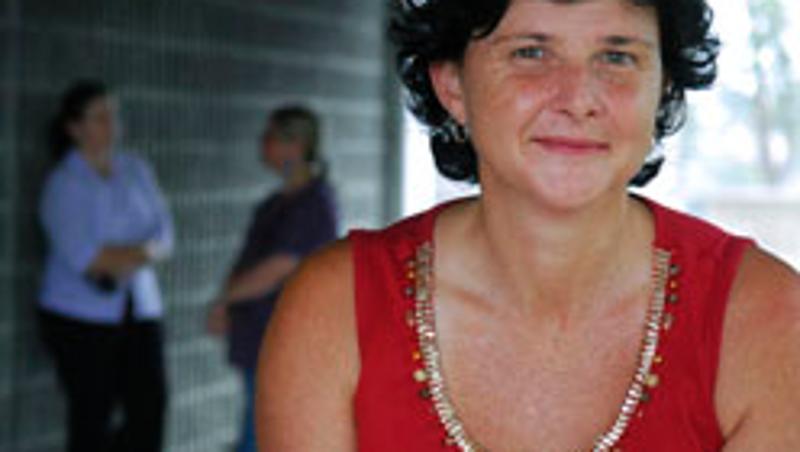
Many older drivers take to the road ill-prepared for their dream trip round Australia having had little experience in caravan-towing or driving in rural conditions, a QUT Centre for Accident Research and Road Safety (CARRS-Q) study has found.
QUT honours psychology student Nadine Brayley and Dr Patricia Obst surveyed 631 travellers aged 55 and over who classified themselves as "grey nomads" (about 30 per cent) or "recreational vehicle travellers" (younger group) about their health and their preparation for and knowledge of safe driving towing a large vehicle on rural roads.
Their findings prompted a call for free driving and safety education at places where these travellers meet such as caravan parks because they were keen to address their lack of information and experience once they had experienced being on the road.
"The numerous caravanning and motorhome associations are also great ready made networks for dispersing educational material to this population," Dr Obst said.
"While 92 per cent of our survey sample towed caravans only about 50 per cent of them had had 'extensive towing experience' and most had had little experience in driving on unsealed or narrow, bitumen roads."
Ms Brayley said obvious gaps were found in rural driving road safety knowledge when survey participants were asked about dealing with road trains, wildlife on the road, or strong cross winds when towing a long vehicle.
"However, only 36 per cent said they felt a high need for further information on safe driving," Ms Brayley said.
"There are formal road safety courses available for towing large vehicles and driving in rural and remote areas but participants said they preferred to get information in less formal, costly and time-consuming ways."
Dr Obst said another area of concern was that although a health scare had been the catalyst for taking off to see the world for many participants, 78 per cent did not take first aid kits and most rated their first aid knowledge as only 'adequate' or 'low'.
"They also carried little safety equipment. Their most common safety item was a communication device - 50 per cent had Next G mobiles, 60 per cent had receiver radios and 35 per cent had laptops with mobile broadband," she said.
Dr Obst said grey nomads were not a defined population on crash databases so no specific road crash statistics existed for them.
The study was prompted by concerns that no one had studied grey nomads' road safety issues and the effects a combination of age-related deterioration, driving large vehicles, towing and unfamiliar roads had on grey nomads' involvement in road crashes.
"Grey nomads cannot use the normal mechanisms older drivers use to compensate for age-related deterioration such as limited driving in familiar places and conditions," Dr Obst said.
"Although not wanting to attend formal courses, 92 per cent of survey participants wanted further information on a host of road safety and health issues including the safest ways to drive on different road widths, rural road etiquette eg when dealing with fast and slow vehicles on narrow roads, as well as information on towing and preventing driver fatigue."
She said a policeman in Charleville was conducting courses in caravan parks that were well-attended and were seen to meet grey nomads needs.
"This kind of model could be an excellent mechanism for delivering road safety information where and when grey nomad are able to apply it meaningfully," Dr Obst said.
CARRS-Q is a member of the Injury Prevention and Rehabilitation Domain at the QUT's Institute of Health and Biomedical Innovation (IHBI).
Media contact: Niki Widdowson, QUT media officer, 07 3138 1841 or n.widdowson@qut .edu.au.




